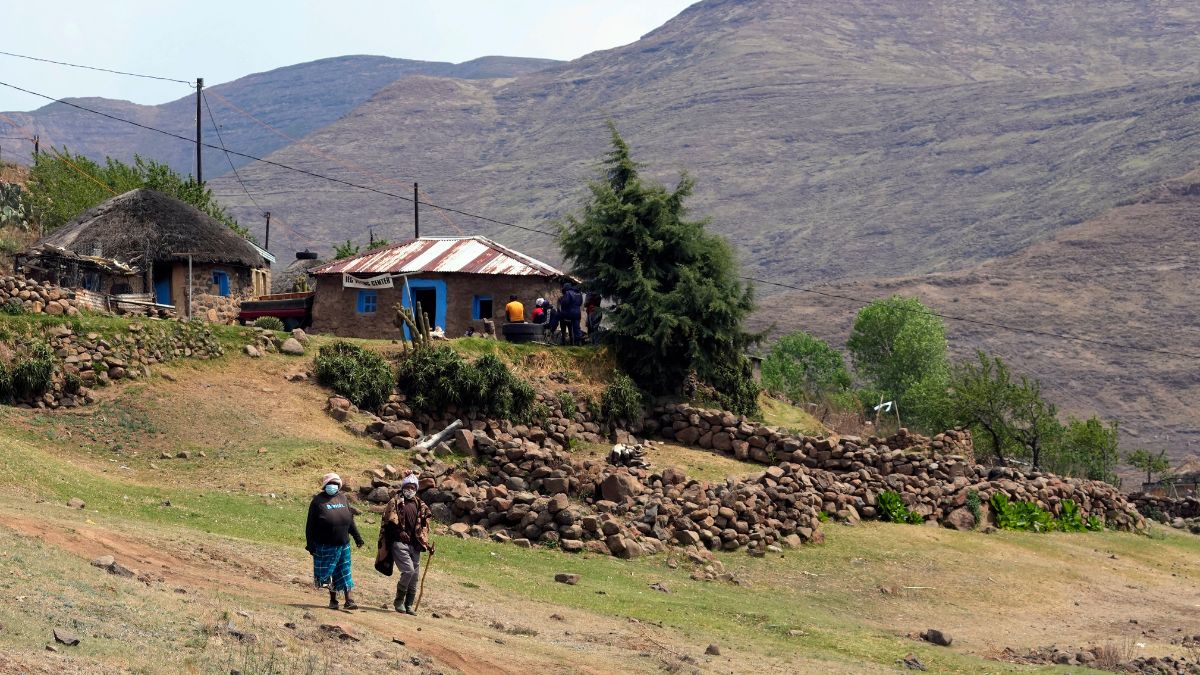If you’ve ever purchased a pair of jeans from an American brand like Levi’s or Wrangler, there’s a strong chance they were produced in a factory in the small southern African country of Lesotho.
Textile manufacturing is a central pillar of Lesotho’s economy, with around 75 per cent of its output exported to the United States.
That could soon change after US President Donald Trump imposed a 50 per cent tariff on imports from Lesotho — the highest rate for any country.
Trump claimed Lesotho levies a 99 per cent tariff on American goods, though the Lesotho government said it was unclear how the US arrived at that figure. Officials did not clarify Thursday what tariffs Lesotho applies to US products.
What the high tariffs mean for Lesotho
In a March speech, Trump mocked Lesotho, referring to it as a nation that “nobody has ever heard of.” Lesotho’s foreign minister responded by pointing out that the US maintains a diplomatic presence in the country.
Last year, the landlocked kingdom — surrounded entirely by South Africa and home to 2.3 million people — marked 200 years since the founding of the Basotho nation and 58 years of independence from British rule.
Lesotho’s striking landscapes and mountainous terrain attract tourists from across Africa and abroad, and in winter, it becomes one of the continent’s most popular skiing destinations.
Lesotho’s exports and economy
As a member of regional economic blocs like the Southern African Customs Union, Lesotho does not face tariffs when exporting to countries such as Botswana, Namibia, South Africa, and Swaziland. Key exports include garments, diamonds, water, electricity, wool, and mohair.
With the new US tariffs, American consumers will pay more for Lesotho-made products, making them less competitive in the US market.
According to the Office of the US Trade Representative, bilateral trade between the US and Lesotho totaled $240.1 million in 2024. Alongside apparel, Lesotho exports diamonds and other products.
Classified by the World Bank as a lower-middle income nation, nearly half of Lesotho’s 2.3 million residents live in poverty, and about 25 per cent are unemployed.
Lesotho’s response to the tariffs
Trade Minister Mokhethi Shelile said Lesotho is actively looking for new markets and plans to leverage the Africa Continental Free Trade Area to boost exports to more favourable African destinations.
The government also plans to quickly send a delegation to the US to work out a viable agreement. Shelile expressed concern over potential textile factory closures, which could impact the livelihoods of the roughly 12,000 people employed in the sector.
Also Watch:
With inputs from AP
)